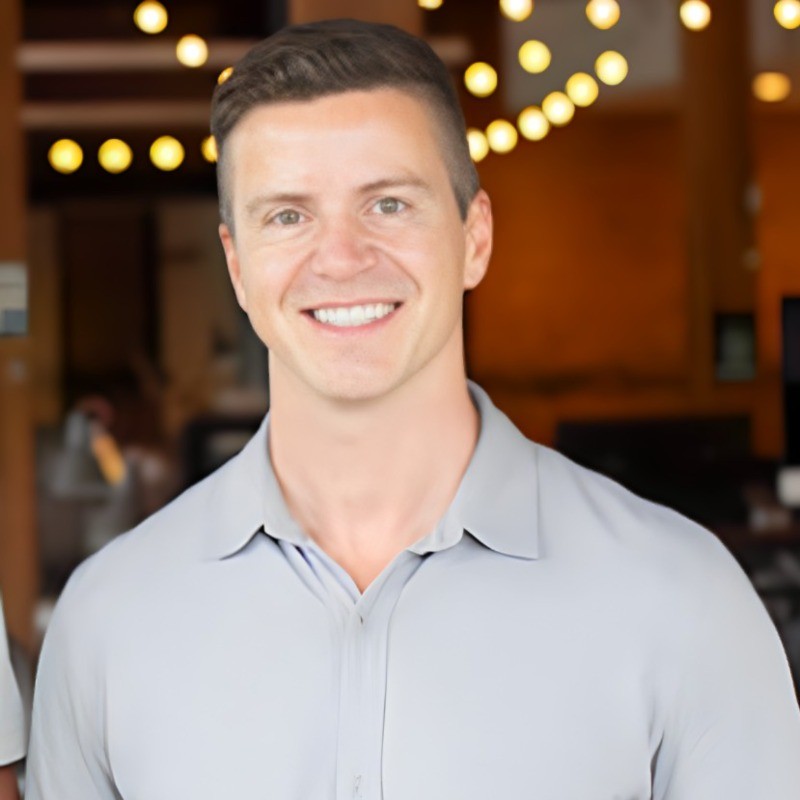AI is a rapidly growing technology that is being embraced by many, but also feared by others who believe it will replace jobs and creativity. However, the reality lies somewhere in the middle. Most people are not extreme in their views on AI, but rather curious and interested in learning more. The loudest voices in the room are often those who have something to gain, such as leaders of big AI companies who have financial incentives. The risks of AI, such as the use of AI-generated content and deepfakes, are real and must be addressed.
Concerns have been raised by artists like Joseph Gordon-Levitt about the risks AI poses to creativity, particularly in the entertainment industry where the lines between authentic art and AI-generated content are blurring. The challenge of deepfakes and AI-generated content is also a significant issue, as these tools can create hyper-realistic clones of public figures, leading to misinformation. California recently passed a deepfake law to prevent election-related AI trickery, but it has sparked concerns about censorship and the protection of free speech.
Approaching the conversation about AI with curiosity is essential, as it allows us to explore the potential benefits of the technology while acknowledging the risks. AI has the potential to do incredible things, but it must be used ethically and fairly. Setting guardrails, obtaining consent, and building trust are crucial aspects of creating a sustainable future with AI. It is important to ensure that those contributing to AI are properly compensated and credited for their work, and to implement protections against the misuse of AI-generated content.
Moving forward, it is important to stay engaged with AI and continue to explore its capabilities and implications. The path forward involves remaining curious, experimenting with AI tools, and staying informed about developments in the field. While there are still many unknowns about the future of AI, approaching the technology with an open mind and setting smart guardrails can help shape a future where AI is a tool that benefits humanity rather than controls it. By finding a middle ground between optimism and fear, we can responsibly innovate with AI and harness its potential while preserving what makes us human.












